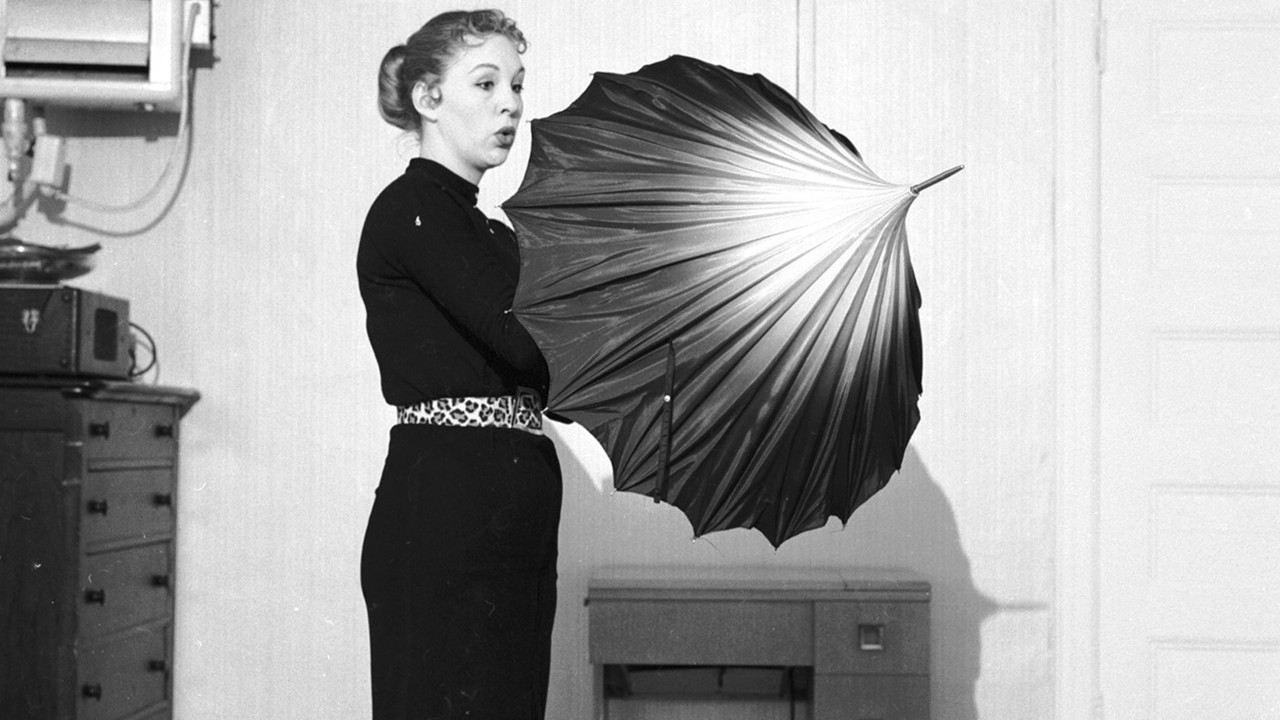When superstition made perfect nonsense: 18 surprising origin stories You think you’re just sensibly avoiding bad luck. But really, you’re battling vegetable demons and ancient Roman souls.
We do weird things for reasons we barely remember. We knock on wood, avoid black cats, flinch at spilled salt, and fear the wrath of Brussels sprouts. Superstitions are often brushed off as silly habits, but behind each one is a surprisingly detailed, and often hilarious, origin story.
From ghostly birds to cursed wallets, here’s the full parade of irrational behavior your ancestors passed down like a family heirloom made of nonsense…
Evil spirits lurk in brussels sprouts
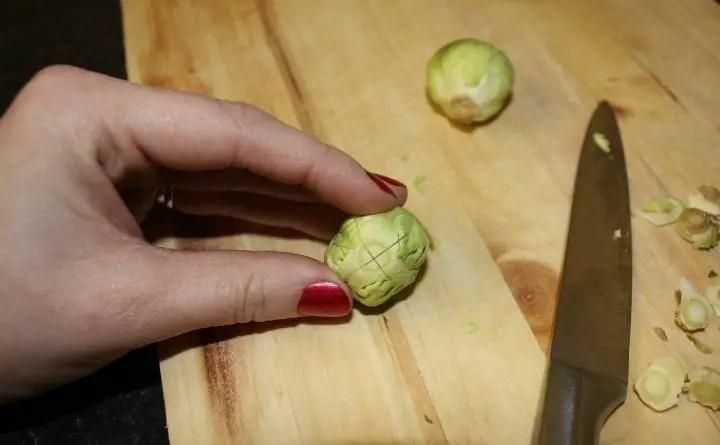
Have you ever noticed someone cut a cross-shape in a stalk of Brussels sprouts before cooking them? Your mom might tell you it helps the sprouts cook better. But she’s wrong. Your dear mother is probably unsuspectingly practicing a superstition from the medieval period.
You see, medieval people believed that evil spirits hid between the leaves of lettuces, Brussels sprouts, and cabbage. The evil spirits can then make someone ill when they consume these vegetables. Cutting a cross mark on every sprout or cabbage is therefore a scientific way to counter the magic of these bad vegetable spirits.
Opening an umbrella indoors is bad luck
In Victorian England, umbrellas were serious hardware. They were spring-loaded, metal-spoked contraptions that could destroy everything in arm’s reach (vases, eyes, … social standing) or even.seriously injure someone if popped open in tight quarters. You didn’t even need an umbrella loicense.
So basically safety protocol. The “bad luck” superstition evolved as a way of stopping people from stabbing each other in drawing rooms with an accidental umbrella harpoon. Less about the paranormal and more about not impaling Aunt Mildred.
Don’t trim your nails at night
This one is in a similar vein. In ancient Japan and parts of India, it was believed that cutting your nails after dark could attract death or shorten your life.
Why? In pre-electricity times, trimming nails by candlelight or oil lamp could lead to nasty accidents, like cutting your fingers (hello, infection) or, worse, stepping on the trimmings and cursing your soul forever. Practical concern turned supernatural warning. Imagine dying not because of fate or battle, but because you wanted tidy hands before bed and your ancestors were like, “This is unacceptable.”
 Seven years of bad luck if you break a mirror
Seven years of bad luck if you break a mirror
The belief that breaking a mirror leads to seven years of bad luck has its roots in ancient Roman beliefs, as they were the first to create glass mirrors. The Romans believed that mirrors had the power to capture a part of a person’s soul when they looked into it. Therefore, breaking a mirror could cause the soul to be corrupted, especially if the reflection appeared distorted.
The Romans also believed that a person’s soul renewed itself every seven years. Breaking a mirror was thought to interrupt this cycle, causing the person to experience seven years of misfortune.
The belief in the power of mirrors to capture a person’s soul has persisted throughout history and is found in many cultures, but the specific association of breaking a mirror with seven years of bad luck is largely a product of ancient Roman superstition.
Itchy palms is a financial forecast
An itchy right palm means you’ll receive money, and an itchy left palm means you’ll lose it (or vice versa, depending on geography). This traces back to old Celtic and Saxon lore that associated itching with magical energy or spiritual imbalance, like your body was picking up financial vibes. Dermatological capitalism.
Stepping in dog poop is good luck… but only with your left foot
In France, there’s a cheerful superstition that stepping in dog poop with your left foot brings good luck. But similar to the Celtic/Saxon one, your right foot brings bad luck.
The origin likely stems from older traditions around left/right symbolism (left = mystical, right = logical) mixed with a healthy dose of coping mechanism. Only the French could turn stepping in dog crap into a nuanced mystical alignment issue.
Unlucky “13”
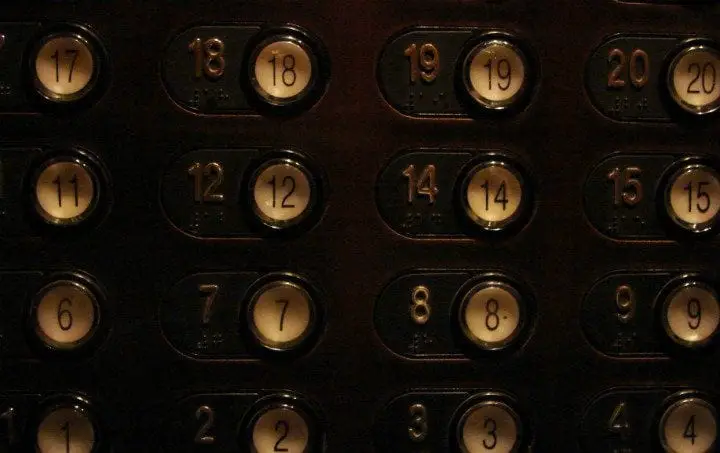
Many high-rise buildings skip the number 13 and go straight to 14 when numbering floors, which is why many elevators have no 13th floor. The practice stemmed from the belief that the number 13 was a bad omen.
Why? There were 13 people at Last Supper…and we all know how that ended. Some people have such an obsessive fear of the number 13, it is a known phobia called triskaidekaphobia.
Never give a wallet or purse as a gift without including some money in it
In many cultures, it is believed that giving someone an empty wallet or purse as a gift is bad luck because it symbolizes a lack of wealth and prosperity. To avoid this, it is customary to include some money or a small gift inside the wallet or purse before giving it as a gift.
Spilling salt and flinging salt over the shoulder
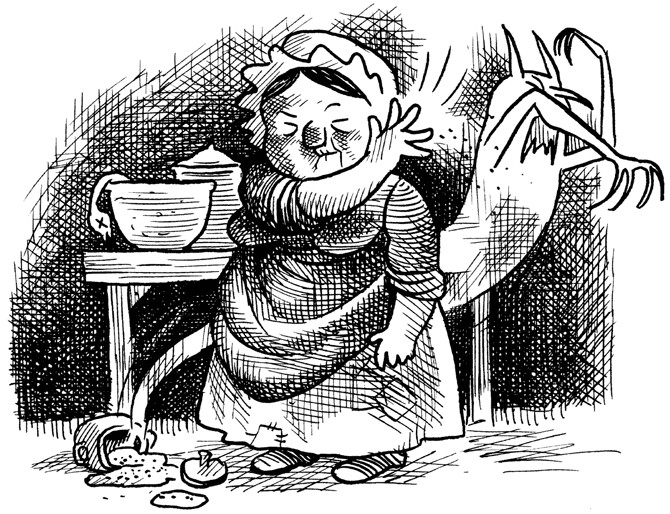
Salt used to be so valuable it was basically edible currency. Roman soldiers were sometimes paid in it (hence “salary”). Spilling it was like chucking coins out the window. Later, medieval Christians decided it was also cursed because Judas Iscariot (yep, that Judas) spilled salt at the Last Supper, as immortalized in da Vinci’s painting.
Tossing a pinch of spilled salt over the left shoulder is supposed to blind the devil (who lives there) and prevent him from taking advantage of our missteps.
Knock on wood
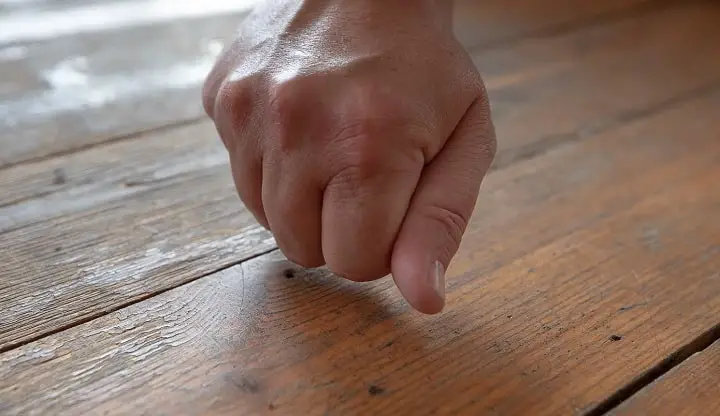
Do you say “knock on wood” when referring to a positive possible future outcome, the intent being so as not to jinx it? This practice is the oldest and most prevalent superstition that still exists today.
And it goes all the way back to pagan tree worship. Ancient Europeans believed that spirits or even gods lived in trees. If you bragged about something (like not getting the plague or your crops not failing) you’d knock on the nearest tree to keep the forest spirits from noticing your good luck and deciding to balance the scales.
Essentially, you’re politely asking invisible bark-dwelling goblins not to ruin your life. We still do this reflexively today. Make a hopeful comment, then frantically hunt for wood like we’re under audit from the Woodland IRS.
You should never gift a watch, as it is believed to symbolize the end of a relationship

Giving a watch as a gift because it symbolizes the passing of time and the eventual end of a relationship. This superstition originated from the idea that giving someone a watch would be a reminder that time is running out, and that the relationship may not last forever.
If you cut your hair during a full moon, it will grow back thicker
There are also some interesting superstitions related to personal care. For example, cutting your hair during a full moon is believed to make it grow back thicker and stronger. This superstition can be traced back to the idea that the moon has a powerful effect on the Earth and all living things. Some people also believe that the full moon is a symbol of growth and abundance, and that cutting your hair during this time will help to promote healthy hair growth.
Kissing under the mistletoe

The eggnog is aflowin’, the yuletide cheer is in full effect, and you’re trying to lead your crush to that doorway with that special holiday sprig. According to a Norse legend, mistletoe was homage to Frigg, a goddess of love.
It’s a long story but, in a nutshell: Frigg’s son Baldur was prophesied to die. His fearful mother went to each and every plant and animal of the land and obtained a promise from them that they wouldn’t harm him. Well…almost everyone. She overlooked the lowly mistletoe.
Don’t walk under ladders
The Egyptians considered the triangle a sacred shape that symbolized life, death, and rebirth. A ladder leaning against a wall formed a triangle, so walking through it was a major spiritual faux pas, like photobombing a ritual. Christians later added their own twist, claiming it resembled the Holy Trinity. Breaking the triangle was practically a theological drive-by.
What started as geometric reverence is now an OSHA concern. Today, people avoid ladders not quite so much out of fear of spiritual backlash but more because Todd from accounting dropped a paint can on someone last week.
You should never wear a wedding dress before the day of the wedding, or you’ll jinx it
According to this superstition, if a bride wears her wedding dress before the actual wedding day, it will bring bad luck and jinx the marriage. This superstition likely originated from the idea that the wedding dress is a sacred symbol of the bride’s purity and innocence, and that wearing it before the wedding would be a violation of that symbolism.
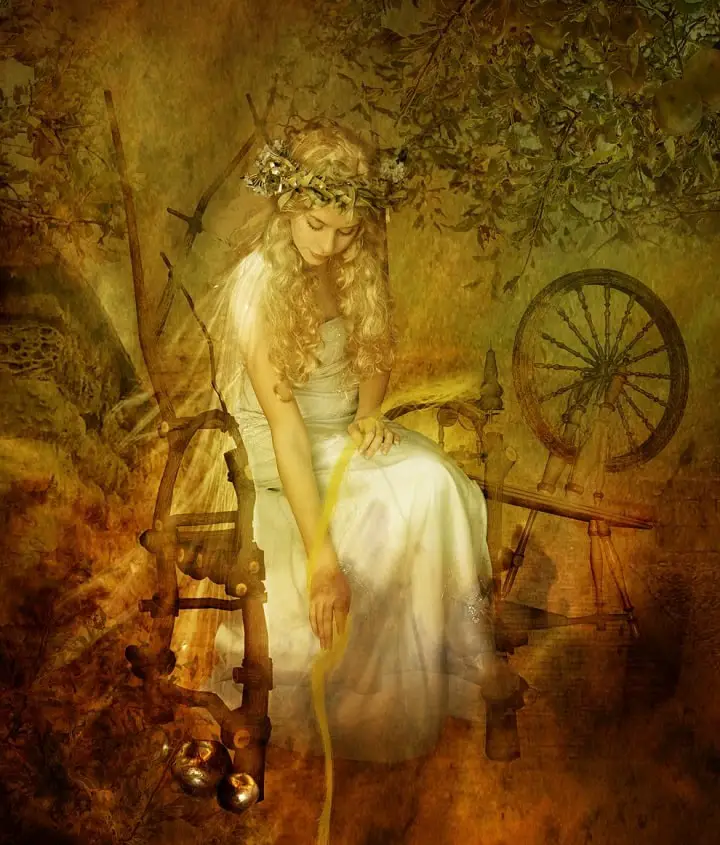
Another Norse god, Loki, was jealous of Baldur’s immortality and killed him with mistletoe. But the gods were able to bring him back to life, and a delighted Frigg promised to kiss anyone underneath the mistletoe. You would think she would feel the most betrayed betrayed by the ‘toe…but looks like that wasn’t the case. Anyhow…that’s why people kiss under the mistletoe.
A bird entering your house is a sign of impending death
This belief is especially common in European folklore. In many traditions, birds were thought to act as messengers between the living and the afterlife. If a bird accidentally entered your home, it was interpreted as a spiritual intrusion to be interpreted.
Also, before modern insulation and glass windows, birds getting into your house wasn’t uncommon. If one started fluttering around madly, knocking things over and freaking everyone out, it felt like chaos had just flown in.
Of course people started ascribing meaning to it. In the Victorian era (which loved a good death omen), it was believed that a bird in the house meant someone in the family would die soon.
Bread with a hole in the middle ALSO means someone in the house will die
In parts of rural Germany and the Netherlands, a loaf of bread with a hole or split in the middle was seen as a death omen. That’s because the “split” symbolized the separation of soul and body.
Alternatively, it was just a way to blame sloppy baking for existential dread. So your sourdough fails and suddenly Grandpa’s on a countdown.

